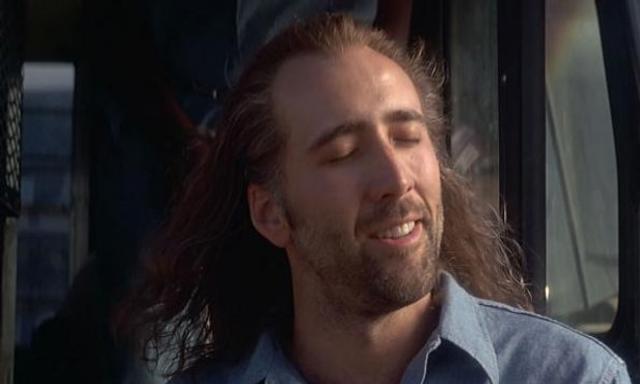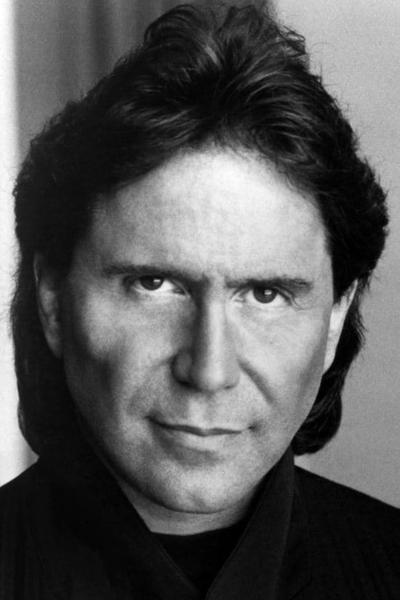In Defence Of... is a new series of articles where we'll step in and try defend - operative word is 'try' - films that have been unduly lambasted and unceremoniously dumped by critics and audiences alike. In our inaugural piece, we come to the rescue of 1997's Con-Air, starring Nicolas Cage, John Cusack and John Malkovich.
Daft '90s action blockbusters like Con-Air are, in a lot of ways, perfect time-capsules that preserve both the cinematic tastes of its time and can't be readily placed into a current context. There's no way you could pitch Con-Air in today's climate; it has no franchise opportunities, no built-in audience recognition, no merchandising avenues, and the story is daft - but not so daft as to be a commercial one. In fact, with a different director and cast, Con-Air could have been a much different film with a far more darker tone. When you watch Con-Air through, you can see that there's shades of a different film there that were either jettisoned for the sake of levity or dumped because it was becoming all too weighty.
Right from the very get-go, Con-Air and director Simon West fully embraces its earnestness, typified by Nicolas Cage's Army Ranger-turned-honorable prisoner Cameron Poe. Cage, for his part, plays the role completely straight - or at least as straight is Nicolas Cage is able to play any role. The only thing out-crazying Nicolas Cage in this film is John Malkovich, playing uber-villain Cyrus 'The Virus' Grissom without a shred of restraint. Filling out the supporting cast is an impressive array of both acting and dramatic talent, including Dave Chappelle, Steve Buscemi, our own Colm Meaney and genre stalwarts like Danny Trejo and MC Gainey. The only dud on the list is the otherwise fine John Cusack, who plays US Marshal Vince Larkin.
The film underwent several rewrites, and the central conceit of the film caused Jerry Bruckheimer and Don Simpson to part ways, yet it's that very thing that makes the film what it is. It can be summarised in one sentence or an elevator ride - a plane full of convicts is hijacked and an escape is mounted. Simple and effective. No need for frothy world-building or meaningless exposition, not when you've got a plane to crash and mullets to rock.
For his part, Simon West made no bones about what he was doing or what sort of film he was directing in Con Air. Coming from a background of high-octane, slickly-produced commercials, West brought a sense of sharp pacing and visual style to bear and crafted the film into something broad, accessible and entertaining. While the film might be gargantuan in its use of explosions, cheesy dialogue and frequently ridiculous set-ups, Con Air is a pretty lean film that clocks in at just under two hours and doesn't let up in that time. In fact, one of the key complaints from established critics of the time was that Con Air was all noise and no meaning.

It's a valid point, in fairness - Con Air really is meaningless tosh, but it's so damn exciting and entertaining that you don't really care. As well as this, Con Air's frantic pace and frequent action made it a hit with home-video audiences who were looking for something loud and exciting to watch. Repeated airings on TV helped to solidify Con Air's cult status with audiences, though it's often looked down on as a product of late '90s Bruckheimer excess.
Con Air isn't smart; it's loud, wildly entertaining and after twenty years, it still holds up as piece of popcorn filmmaking that never got the critical recognition it deserved.











































































